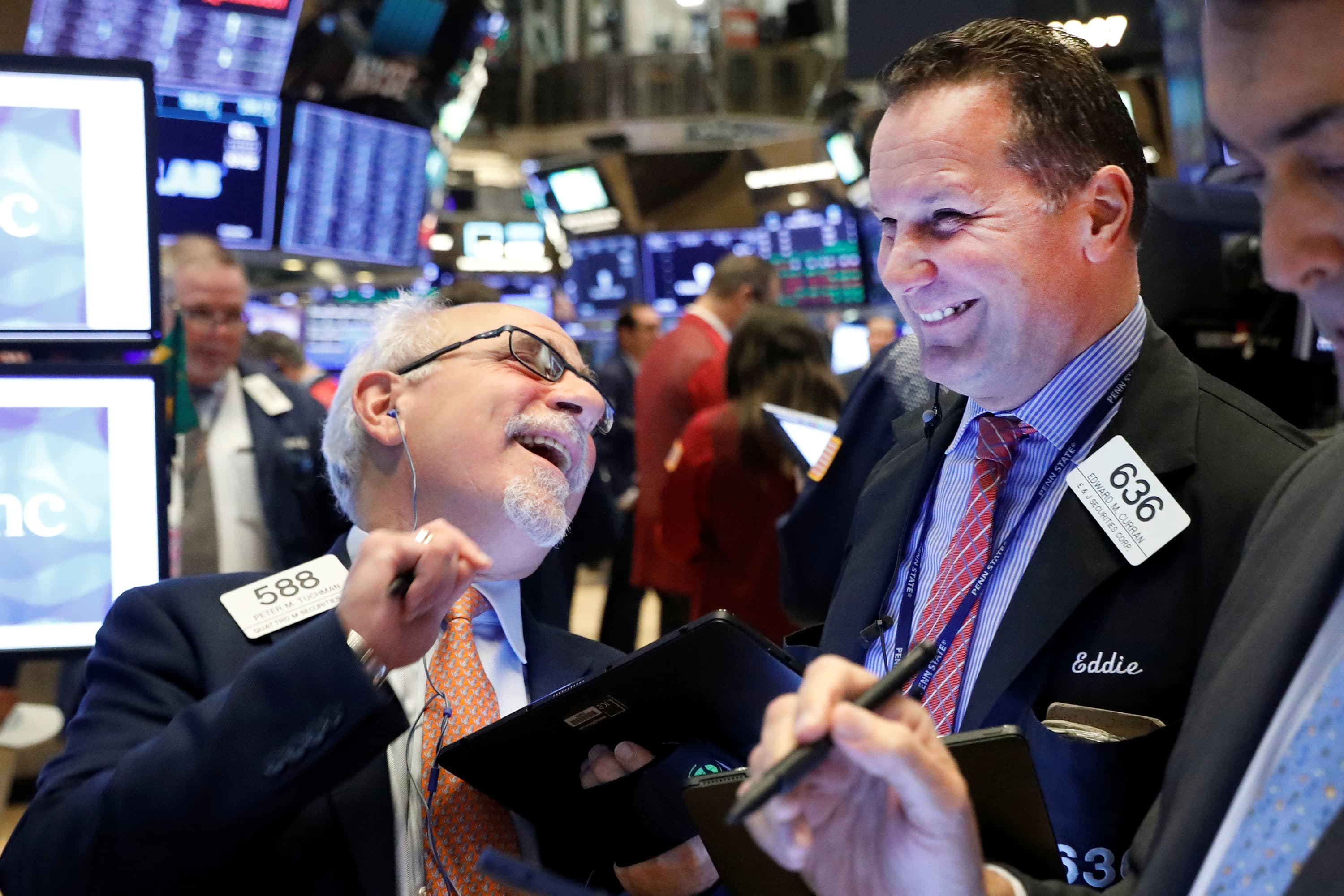
Small-cap and value stocks are set to continue their run in the year ahead, says the chief executive behind one of the world’s largest asset managers.
As investors prepare for 2022, Dimensional Fund Advisors is telling its clients to maintain a long-term view and consider tilting more toward small-cap and value stocks, co-CEO and Chief Investment Officer Gerard O’Reilly told CNBC’s “ETF Edge” on Monday.
“Even after years when small/value has outperformed large/growth, … the following 12 months tend to be pretty good for small and value,” O’Reilly said.
In some of those years, small-cap and value stocks have yielded 4% or greater returns compared with their larger, growth-focused counterparts, he said.
Though the small-cap benchmark Russell 2000 index is trailing the other major indexes year to date, the Russell 2000 Value index is outperforming the S&P 500, Dow and Nasdaq Composite and closing in on the Nasdaq 100.
Dimensional’s U.S. Small Cap ETF (DFAS) and U.S. Targeted Value ETF (DFAT) are beating their benchmarks since their June launches but are still underperforming the major averages.
Based on the historical data, the $653 billion asset manager will try to capture small-cap and value returns in 2022 and look beyond the Federal Reserve’s tapering and potential rate hike timelines, O’Reilly said.
“When you look back over the past 40 years, the average monthly return on the U.S. market has been about 1% a month,” even when the central bank has raised or lowered its target Fed funds rate, he said.
“Regardless of what the Fed has done, about two-thirds of the time, the market has gone up in months whether it’s raised or decreased the target Fed funds rate,” he said.
Markets could run into trouble if the coronavirus omicron variant has a more severe economic impact than many fear, Nate Geraci, president of The ETF Store, warned in the same interview.
“That ultimately leads to supply chain constraints, and you start seeing greater inflationary pressure even while the economy isn’t doing so well,” he said. “That would be a very tricky spot for the Fed to be in, and in my opinion, probably a worst-case scenario.”
However, the Fed may not let it get that far, Geraci said.
“I think investors have this feeling that the Fed is always going to be supportive of the market, and until we see something different, I think that’s probably a pretty good bet,” he said.




